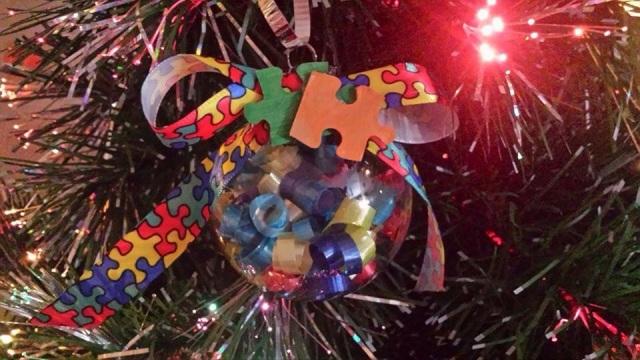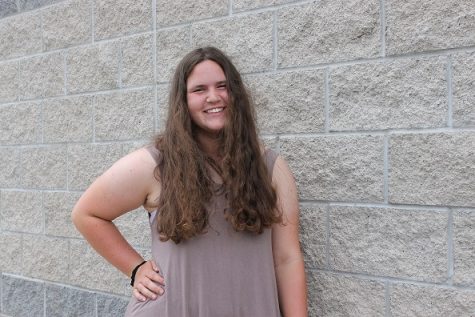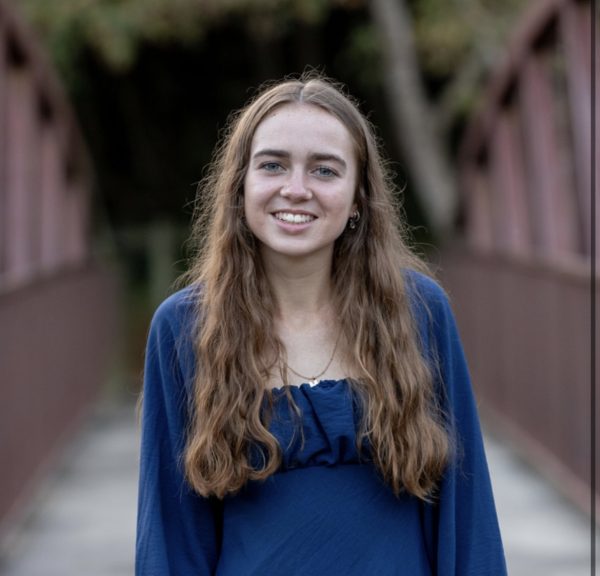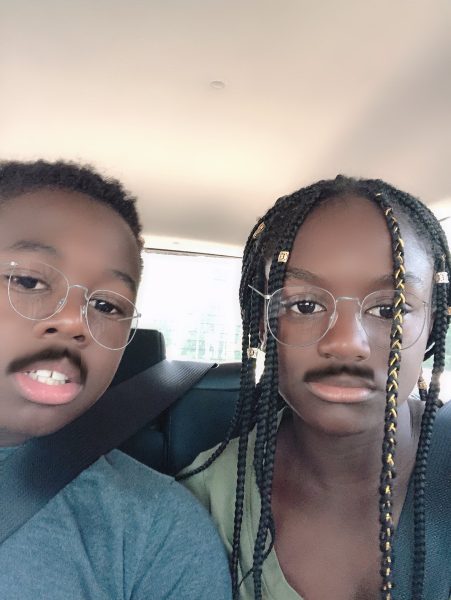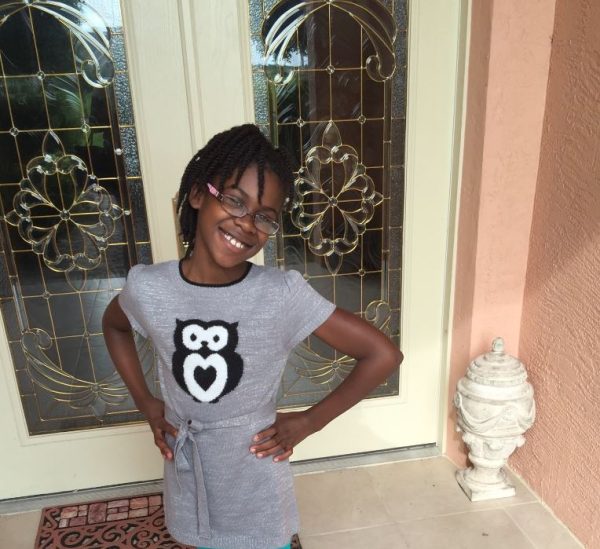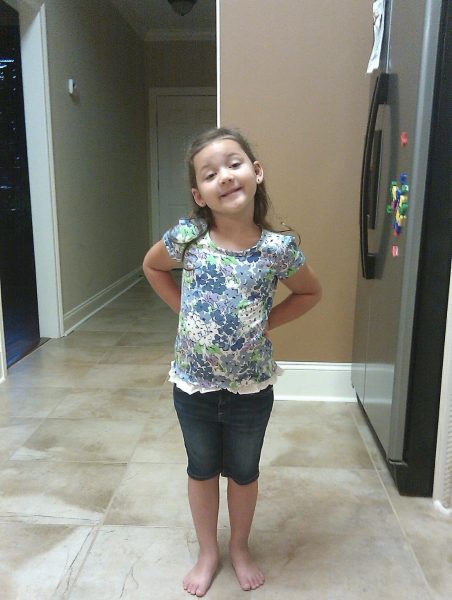Why the ‘S’ in Autisms Matters
Photo used with permission by Beth Elzey. Due to the differences in mutations that cause autism, scientists say that it is more appropriate to refer to the disorder as “autisms” (in that, it is plural) to allow diversity within the disorder.
February 23, 2015
Due to increasing research on the developmental disorder, geneticists have become more knowledgeable on the genetic makeup of those who are autistic, which shows that people who are on the autistic spectrum tend to vary in genes that are autism-linked. Researchers of the Center for Applied Genomics at the Hospital for Sick Children in Toronto have identified over 100 different types of mutations that could be linked to autism in their study, which was published in Nature Medicine on January 6th. The research also showed that two-thirds of siblings with autism spectrum disorder (ASD) tend to have different genetic makeup, which supports the idea that genes associated with autism differ within familial ties, despite the fact that one would expect them to be similar. With this, geneticists have decided that it is more appropriate to call the developmental disorder “autisms” in order to refer to the different genetic coding that can cause the disorder.
“We believe a better term to use is ‘the autisms’ or ‘the autism spectrum disorders.’ There are many different forms of autism,” said Dr. Scherer, one of the researchers at the Center for Applied Genomics at the Hospital for Sick Children in Toronto. “In other words, autism is more of a collection of different disorders that have a common clinical manifestation.”
In Scherer’s and his colleagues’ study in Nature Medicine, 85 pairs of siblings with ASD were tested for their genetic makeup, and it was found that only 36 of those 85 “had mutations that can be associated with genes that are already linked to ASD,” according to Rhodi Lee of the New York Times. Two-thirds of the 36 pairs of siblings were found to have different mutations, showing that autism varies from person to person and should be handled specially to suit their needs.
Autistic disorder comes in different severity with different symptoms in varying age categories. The most common symptoms revolve around social ineptness, difficulties communicating, and repetitive behaviors. Autistic disorder can appear at infancy when a baby with ASD shows little interest or understanding when a person speaks to them or in focusing on one object for long periods of time while excluding anything else happening around them. It is not uncommon for an infant to grow at a normal developmental rate and then begin to show signs of indifference at social interaction.
Children with ASD can be diverse in the symptoms of the disorder. Many lack the knowledge of social interaction and in that they can often form physical behaviors or habits, such as rocking, flapping hands, twirling, or more self-abusive behaviors. Autistic spectrum disorder can often cause a lack of empathy or difficulty in expressing or identifying the meaning behind facial expressions, thus resulting in indifference in most social interactions.
ASD can be expressed in a broad spectrum of ways, and the idea that there are plural autisms versus a single type of autism is supported in the expression of the disorder, as well as the genetic findings behind it.


